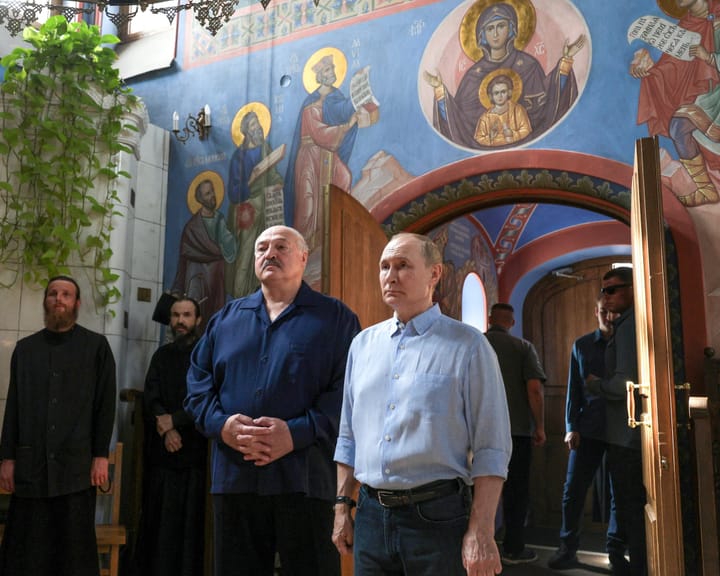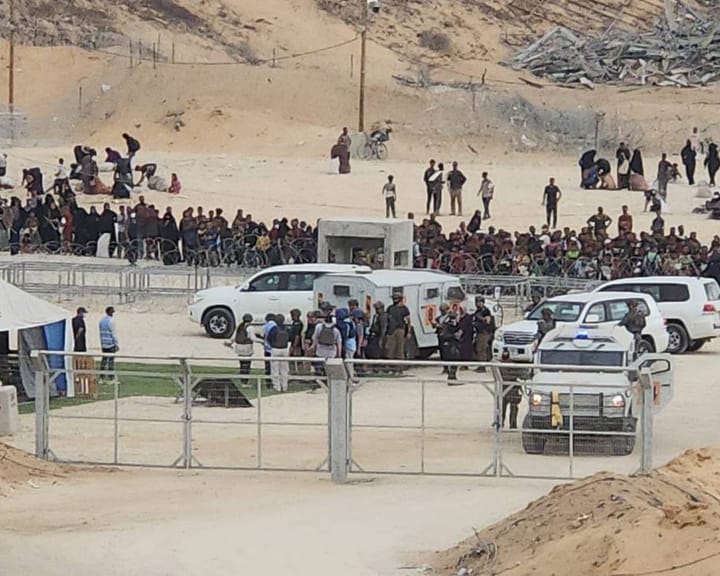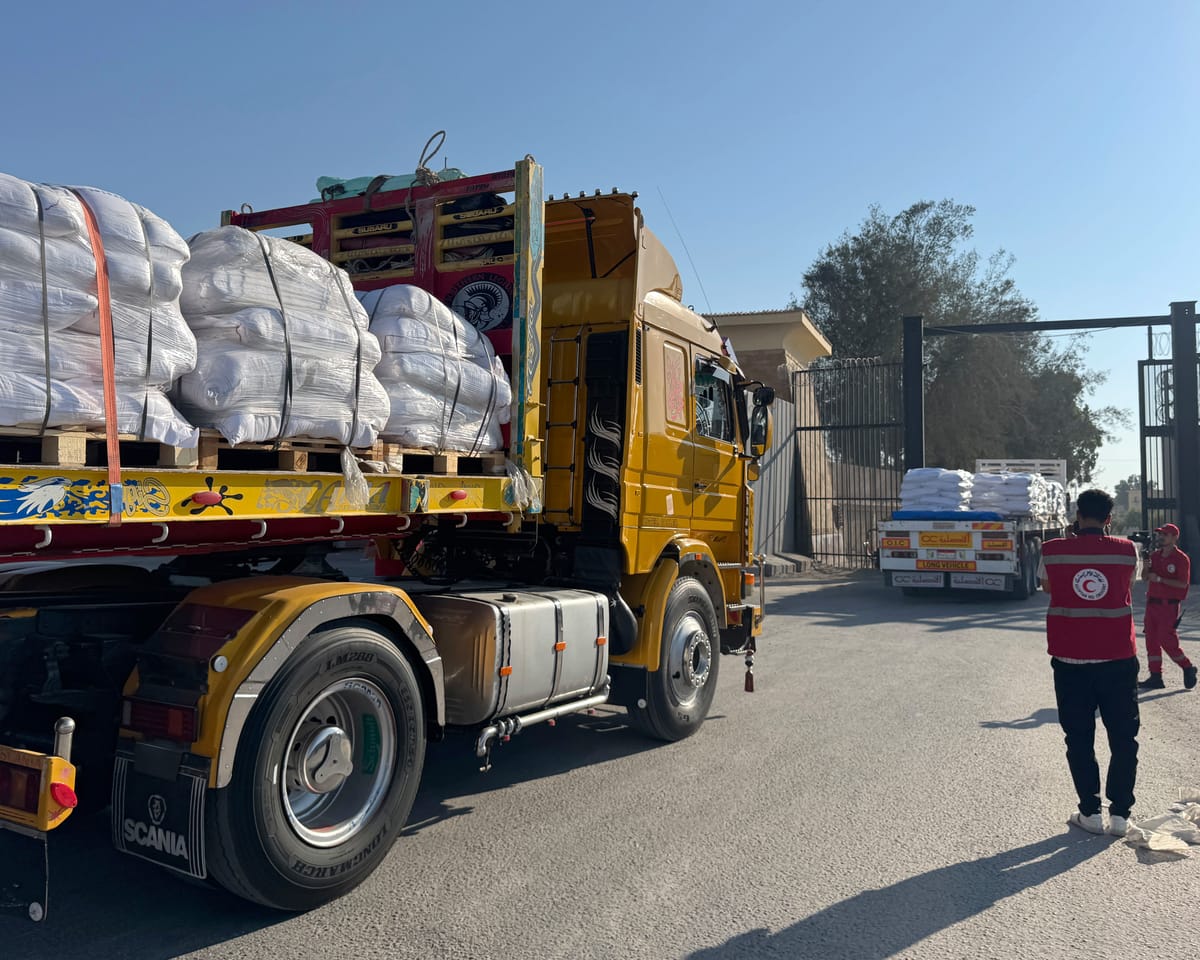Palestinians in Gaza Express Skepticism After Israel Announces Daily Truce in Some Areas
Residents of Gaza reacted cautiously after Israel initiated a temporary, daily halt in fighting across three densely populated areas to permit, as Prime Minister Benjamin Netanyahu described it, a "limited" flow of aid into the region.
Recent weeks have seen numerous Palestinians succumb to starvation, with humanitarian groups and the United Nations blaming Israel's near-total restrictions on aid deliveries. According to the World Food Programme (WFP), around 90,000 women and children urgently require treatment for malnutrition, with one in three people enduring days without food.
The Israeli military stated that it had begun a "tactical pause" in parts of Gaza City, Deir al-Balah, and Muwasi to "expand humanitarian aid access." These pauses would occur daily from 10 a.m. to 8 p.m. local time until further notice, though military operations would persist elsewhere in Gaza.
Netanyahu sought to minimize the significance of the move, stating, "No matter our strategy, we will need to maintain minimal humanitarian provisions." His remarks came amid pressure from right-wing coalition members advocating for even stricter measures in Gaza.
Shortly after the humanitarian pause took effect, an Israeli airstrike hit a Gaza City building, killing a woman and her four children.
Israel asserted that the measures aimed to address humanitarian needs and "challenge allegations of intentional starvation," releasing video footage of an airdrop containing flour, sugar, and canned goods. Jordan and the United Arab Emirates also conducted airdrops that afternoon.
Additionally, Israel announced plans to set up humanitarian corridors for UN aid deliveries and to restore power to a desalination plant to improve water access.
Residents remained doubtful that Israel intended to alleviate the famine. "Allowing aid through crossings won’t change anything, even if it lasts a week or two, because the humanitarian disaster here has surpassed all expectations," said Eyad al-Banna, a math teacher and father of seven.
Many reported seeing little change in market conditions, aside from a roughly 20% overnight drop in flour prices. A doctor at al-Nasser Hospital said no medical supplies had arrived, despite acute shortages of nutritional supplements for malnourished patients.
Criticism was directed at the aid measures, particularly airdrops. "Dropping aid from the sky is demeaning to Palestinians—this method has already killed civilians since the start of the war," said Hikmat al-Masri, a scholar and mother from northern Gaza.
Read next

"Opposition decries death of democracy in El Salvador as term limits end"
Critics and opposition leaders have cautioned that El Salvador is moving toward authoritarian rule after the country’s legislature eliminated presidential term limits, allowing Nayib Bukele to seek re-election indefinitely.
“Democracy in El Salvador has ended,” opposition lawmaker Marcela Villatoro stated late Thursday as the legislative body—dominated by Bukele’

"Putin seeks 'stable' peace in Ukraine but shows no signs of compromise"
Vladimir Putin has stated his desire for a "lasting and stable peace" in Ukraine but offered no signs of compromise, following a week in which Russian strikes resulted in further casualties and damage across the country.
"We seek a durable peace based on solid principles that benefit

Gaza aid site visit amid UN report of 1,373 killed waiting for food since May – Israel-Gaza war
US Official Steve Witkoff Visits Gaza Aid Location
Steve Witkoff, the US president’s representative for the Middle East, visited Gaza and was shown one of the disputed aid locations where hundreds of Palestinians have lost their lives in clashes with Israeli forces.
Before his trip to the site in

